Cognitive Science Careers
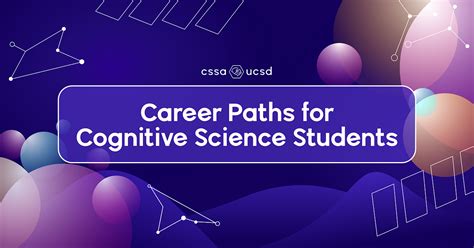
Cognitive science is an interdisciplinary field that explores the nature of cognitive processes and how they shape our understanding of the world. It combines elements of psychology, neuroscience, linguistics, computer science, and philosophy to study the mind and its functions. The field offers a wide range of career opportunities for individuals passionate about unraveling the complexities of human cognition.
In this comprehensive guide, we will delve into the diverse career paths available within cognitive science, providing an in-depth analysis of the skills, knowledge, and opportunities that await professionals in this exciting domain. From academic research to real-world applications, we will uncover the potential and impact of cognitive science careers.
The Multifaceted Nature of Cognitive Science
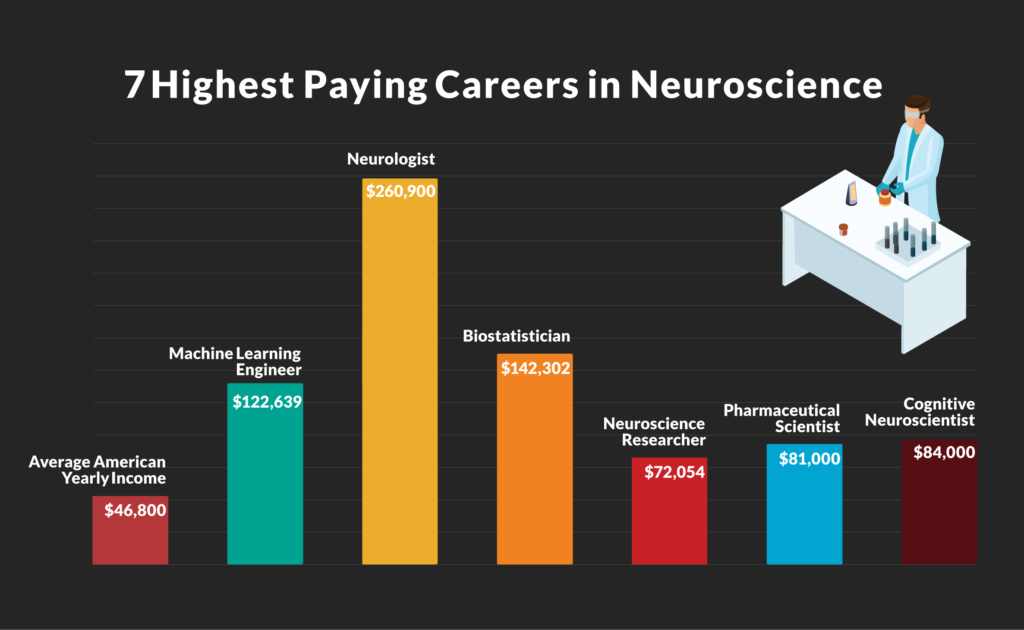
Cognitive science is a dynamic field, characterized by its interdisciplinary approach. Researchers and professionals in this domain investigate a myriad of topics, including:
- Cognitive neuroscience: Unraveling the neural mechanisms underlying cognition, perception, and behavior.
- Artificial intelligence and cognitive modeling: Developing intelligent systems and models inspired by human cognitive processes.
- Language and communication: Studying the acquisition, processing, and production of language, and its role in social interaction.
- Perception and action: Investigating how sensory information is processed and transformed into meaningful actions.
- Memory and learning: Understanding the mechanisms of memory formation, storage, and retrieval, and the processes of learning and knowledge acquisition.
- Decision-making and problem-solving: Analyzing the cognitive processes involved in making choices and solving complex problems.
The interdisciplinary nature of cognitive science provides a rich tapestry of career paths, each with its unique challenges and rewards. Let's explore some of the most prominent career avenues in this field.
Academic Research and Teaching
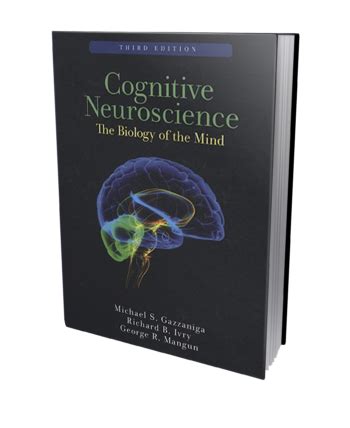
Academic research and teaching form the backbone of cognitive science. Scholars and researchers in this field contribute to the advancement of knowledge through rigorous scientific inquiry and mentorship.
Research Focuses
Cognitive scientists within academia often specialize in specific areas, such as:
- Visual cognition: Studying how the brain processes visual information and the mechanisms underlying visual perception.
- Cognitive development: Investigating how cognitive abilities develop across the lifespan, from infancy to old age.
- Social cognition: Exploring the cognitive processes involved in social interactions, emotions, and interpersonal relationships.
- Cognitive aging: Researching the changes in cognitive function that occur with aging, and developing strategies to promote cognitive health.
- Cognitive disorders: Understanding the cognitive impairments associated with various neurological and psychiatric conditions, and developing interventions.
Researchers may conduct experiments, analyze data, develop theoretical models, and collaborate with colleagues across disciplines to advance our understanding of the mind.
Teaching and Mentorship
Cognitive scientists in academia also play a vital role in educating the next generation of scholars. They teach courses at various levels, from undergraduate to graduate programs, and mentor students through their research projects and dissertations.
Teaching in cognitive science covers a wide range of topics, including:
- Introduction to Cognitive Science: An overview of the field, its history, and key concepts.
- Cognitive Psychology: The study of mental processes, including perception, attention, memory, and language.
- Neuroscience: Exploring the biological basis of behavior and cognition, with a focus on the brain and nervous system.
- Artificial Intelligence: The development of intelligent systems and their applications in various domains.
- Cognitive Modeling: Constructing computational models to simulate and understand cognitive processes.
Mentorship is a crucial aspect of academic life in cognitive science. Faculty members guide students in their research endeavors, providing feedback, resources, and support to foster their growth as scholars.
Industry Applications
Cognitive science has a significant impact on various industries, leading to a range of exciting career opportunities outside of academia.
Human-Computer Interaction (HCI)
Cognitive scientists play a vital role in designing intuitive and user-friendly interfaces. They work closely with developers and designers to create technologies that align with human cognitive capabilities.
| Application | Impact |
|---|---|
| User Experience (UX) Design | Enhancing user satisfaction and engagement by optimizing the usability and accessibility of digital products. |
| Natural Language Processing (NLP) | Developing systems that can understand and generate human language, enabling technologies like voice assistants and chatbots. |
| Augmented and Virtual Reality (AR/VR) | Creating immersive experiences that enhance training, education, and entertainment, while considering cognitive factors. |
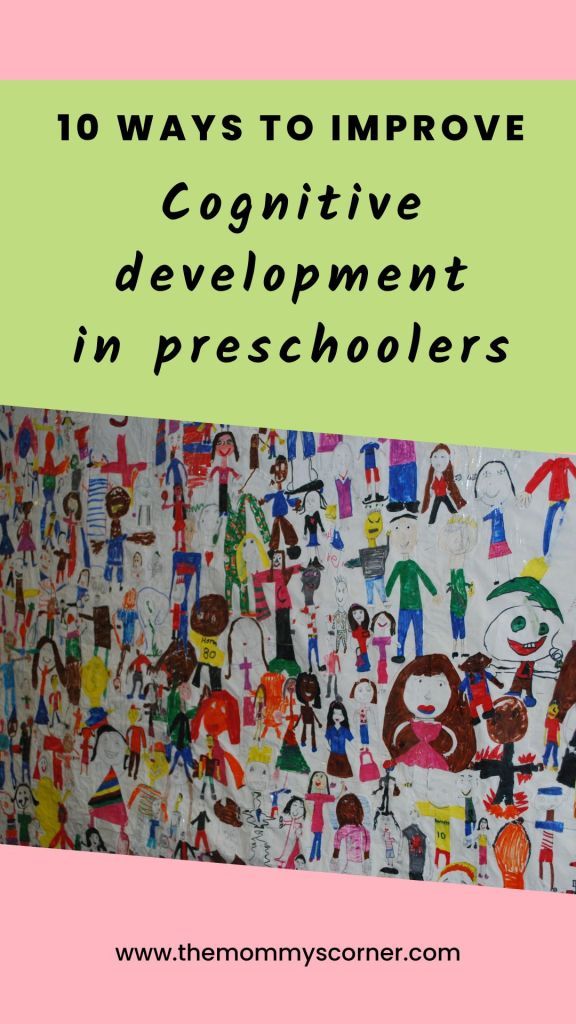
Healthcare and Neuroscience
Cognitive science has profound implications for healthcare, particularly in the field of neuroscience.
- Neuropsychology: Professionals in this field assess and treat individuals with cognitive impairments due to brain injuries or neurological disorders.
- Clinical Research: Cognitive scientists contribute to clinical trials, developing interventions and therapies to enhance cognitive function and treat cognitive disorders.
- Brain Imaging and Analysis: Researchers use advanced imaging techniques to study brain structure and function, providing insights into neurological conditions and cognitive processes.
Education and Training
Cognitive science informs the design of effective learning environments and educational technologies.
- Cognitive Tutors: Developing intelligent tutoring systems that adapt to individual learners' needs, providing personalized instruction.
- Educational Psychology: Applying cognitive principles to understand how students learn and retain information, and designing evidence-based teaching strategies.
- Learning Analytics: Analyzing data from educational technologies to gain insights into student performance and learning processes.
Artificial Intelligence and Robotics
Cognitive science is at the heart of AI and robotics, guiding the development of intelligent machines.
- Machine Learning: Cognitive scientists contribute to the creation of algorithms that enable machines to learn from data, improving their performance over time.
- Robotics: Designing robots with cognitive capabilities, enabling them to perceive, reason, and interact with their environment.
- Cognitive Architectures: Developing computational models that mimic human cognitive processes, providing a foundation for advanced AI systems.
Government and Policy
Cognitive scientists also play a crucial role in shaping public policy and understanding the cognitive aspects of decision-making.
Cognitive Policy Analysis
Professionals in this domain analyze the cognitive factors influencing policy decisions, helping policymakers make informed choices.
- Cognitive Biases: Investigating the biases that influence decision-making, and developing strategies to mitigate their impact on policy.
- Risk Perception: Understanding how individuals perceive and respond to risks, and designing policies that effectively communicate and manage risks.
- Cognitive Aging and Policy: Researching the cognitive changes associated with aging, and advocating for policies that support cognitive health and well-being in older adults.
Cognitive Ergonomics
Cognitive scientists collaborate with ergonomists to optimize the design of tools, systems, and environments to align with human cognitive capabilities.
- Human Factors Engineering: Ensuring that technologies and systems are user-friendly and efficient, considering cognitive limitations and abilities.
- Cognitive Work Analysis: Analyzing the cognitive demands of various jobs and tasks, and designing interventions to enhance performance and reduce errors.
- Cognitive Engineering: Developing cognitive aids and support systems to assist individuals in complex tasks, such as air traffic control or military operations.
Future Prospects and Impact
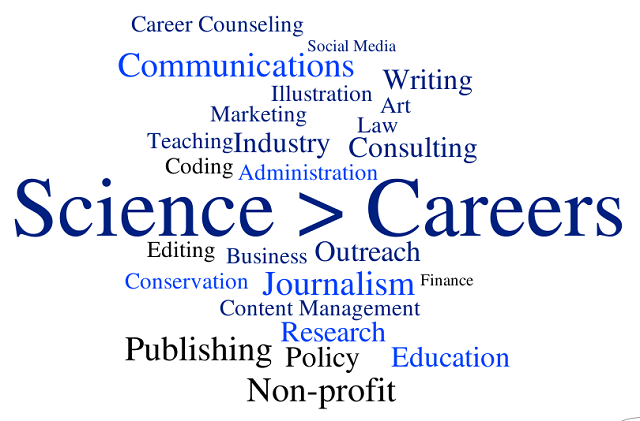
The field of cognitive science continues to evolve, offering exciting opportunities for innovation and discovery. As our understanding of the mind deepens, the impact of cognitive science on various domains is likely to grow.
Cognitive scientists are at the forefront of addressing societal challenges, from improving education and healthcare to enhancing human-machine interactions. The ethical considerations surrounding cognitive science, particularly in the context of AI and neuroscience, are also a critical focus for the future.
The diverse career paths within cognitive science provide a rich tapestry of opportunities for those passionate about understanding the mind and its potential. Whether in academia, industry, or policy, cognitive scientists contribute to shaping a future where human cognition is understood, valued, and harnessed for the betterment of society.
What are the key skills required for a career in cognitive science?
+Cognitive science careers often require a strong foundation in research methods, data analysis, and critical thinking. Proficiency in programming and statistical analysis is also valuable. Additionally, effective communication skills are essential for conveying complex ideas to diverse audiences.
How can I gain practical experience in cognitive science?
+Practical experience can be gained through internships, research assistantships, or collaborative projects. Engaging in undergraduate or graduate research is also an excellent way to develop hands-on skills and network with professionals in the field.
What are the educational requirements for a career in cognitive science?
+A bachelor’s degree in cognitive science or a related field is often the minimum requirement. However, many careers in cognitive science, especially in research and academia, require advanced degrees such as a master’s or Ph.D.
How does cognitive science impact our daily lives?
+Cognitive science influences our daily lives in numerous ways, from the design of user-friendly technologies to the development of effective learning strategies. It also informs our understanding of cognitive biases and helps us make more informed decisions.
What are some emerging areas of research in cognitive science?
+Emerging areas include cognitive neuroscience of social behavior, cognitive development in atypical populations, and the intersection of cognitive science with virtual and augmented reality.



